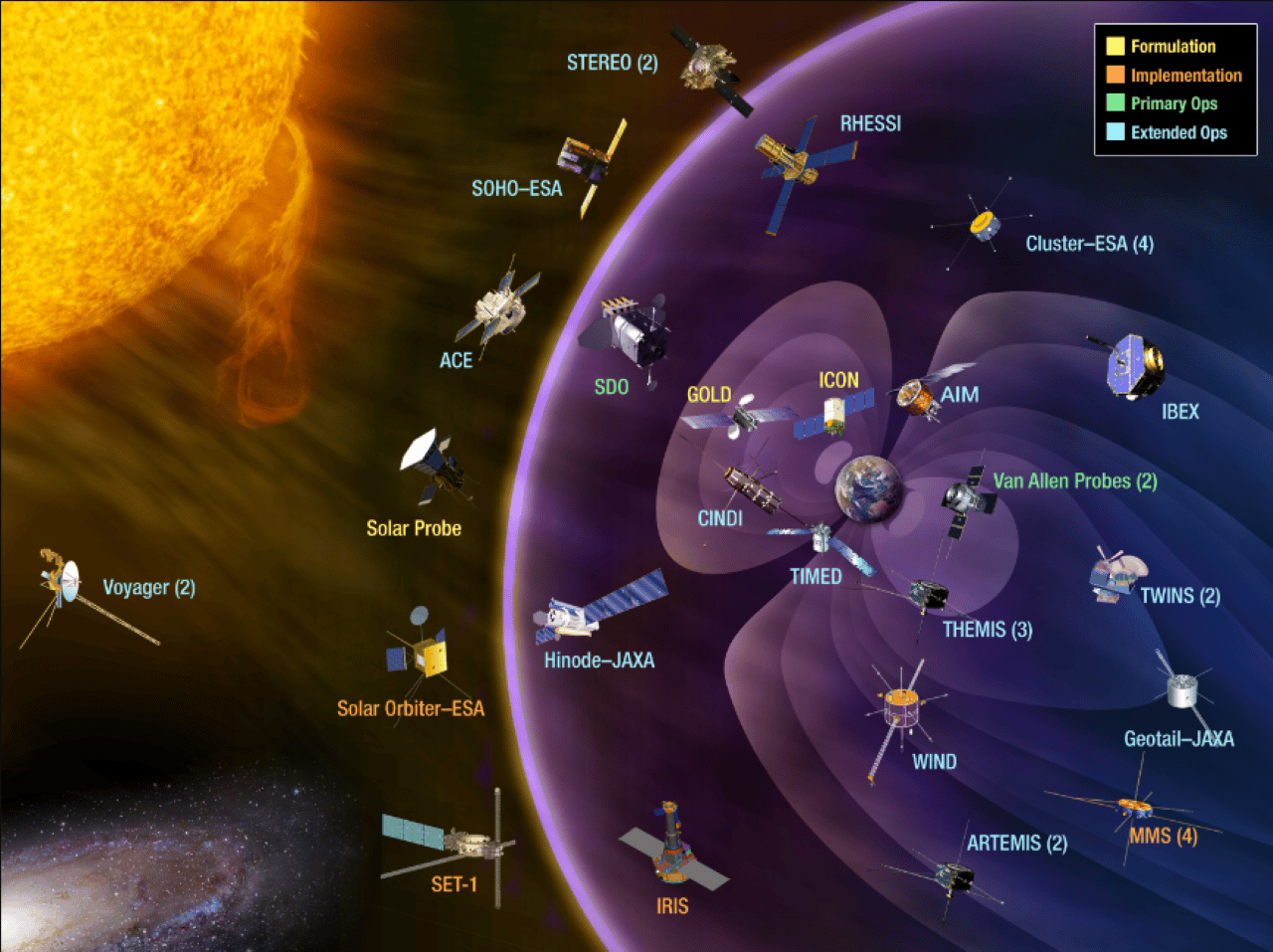Brussels, 17 November 2022
The network of European telecommunication satellites will be active from 2024, following the agreement reached on Thursday between MEPs and the Czech presidency of the Council.
The regulation will enable the first European multi-orbital satellite constellation to be set up, with a budget of €2.4 billion. The new satellites will provide a secure communications infrastructure for EU government bodies and agencies, emergency services and European delegations around the world.
The scheme will ensure the EU’s strategic autonomy in the field of secure government communications, in a context where cyber security threats are becoming increasingly important, especially following Russia’s aggression against Ukraine.
During negotiations, MEPs secured the incorporation into the regulation of their proposals to strengthen the environmental provisions of the system, to make it an example of sustainability, with measures to prevent space debris proliferation, light pollution and provide with carbon footprint compensation.
Quote
“The European IRIS² satellites are born! I welcome the agreement we have reached, which will allow Europe to strengthen its autonomy in space”, said rapporteur Christophe Grudler (Renew, FR). “These satellites will be useful to governments, but also to citizens, bringing the internet to the least connected areas. I am also pleased that this constellation will be an example in terms of space and environmental sustainability, as the European Parliament has requested”, he added.
Next steps
The text of the agreement must be formally adopted by the Parliament and the Council. It will be put to a vote in Parliament’s Industry, Research and Energy Committee on 29 November.
Background
Satellite communication is becoming a strategic asset for governments and civil society alike, in the context of the twin digital and ecological transition. Complementary to terrestrial networks, it can contribute to seamless digital communication, even when such networks are absent or disrupted.
Today, the EU does not have a dedicated infrastructure (including space and ground segments) to offer satellite communication services to governments, the economy and civil society. Several EU global partners and competitors are investing in parallel in such capabilities. On 15 February 2022, the European Commission presented a proposal to improve the resilience of EU communication services by developing and operating a multi-orbital connectivity infrastructure (with both space and ground segments), based on a public-partnership model.

